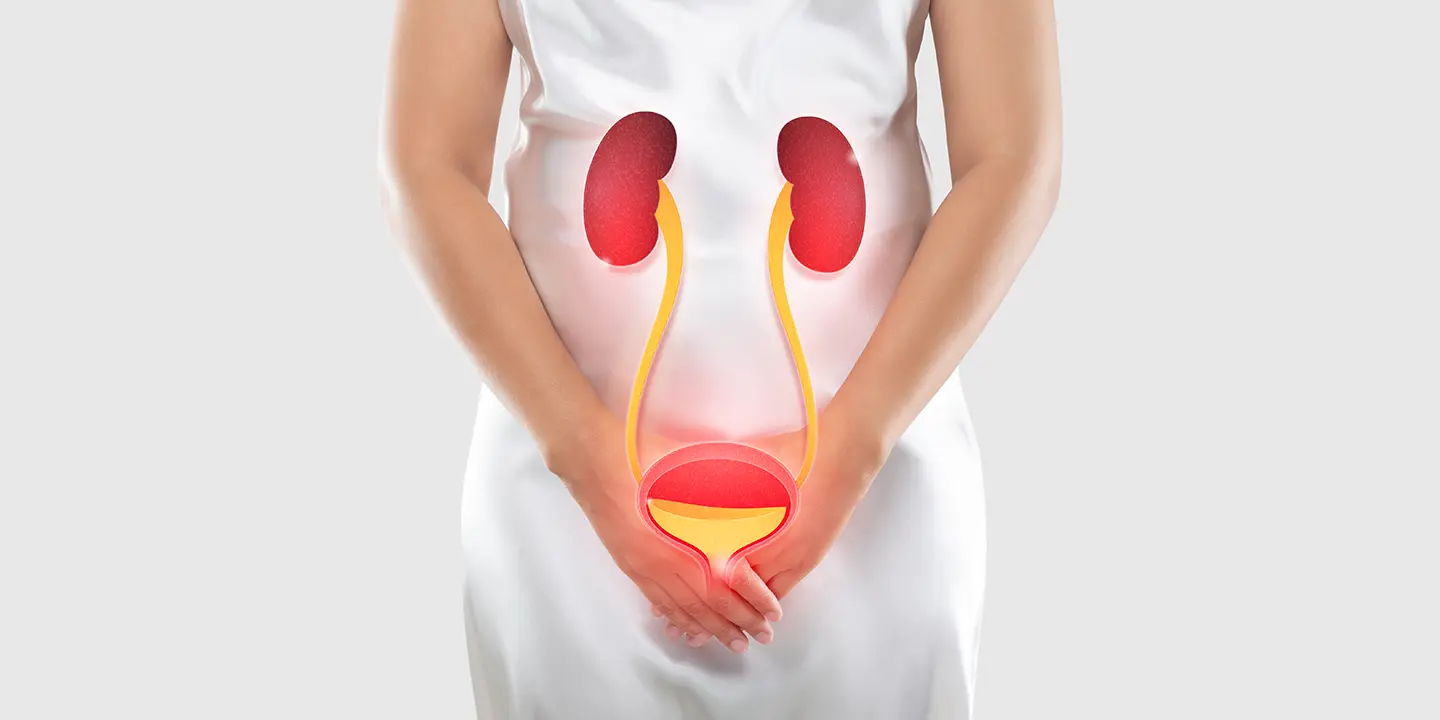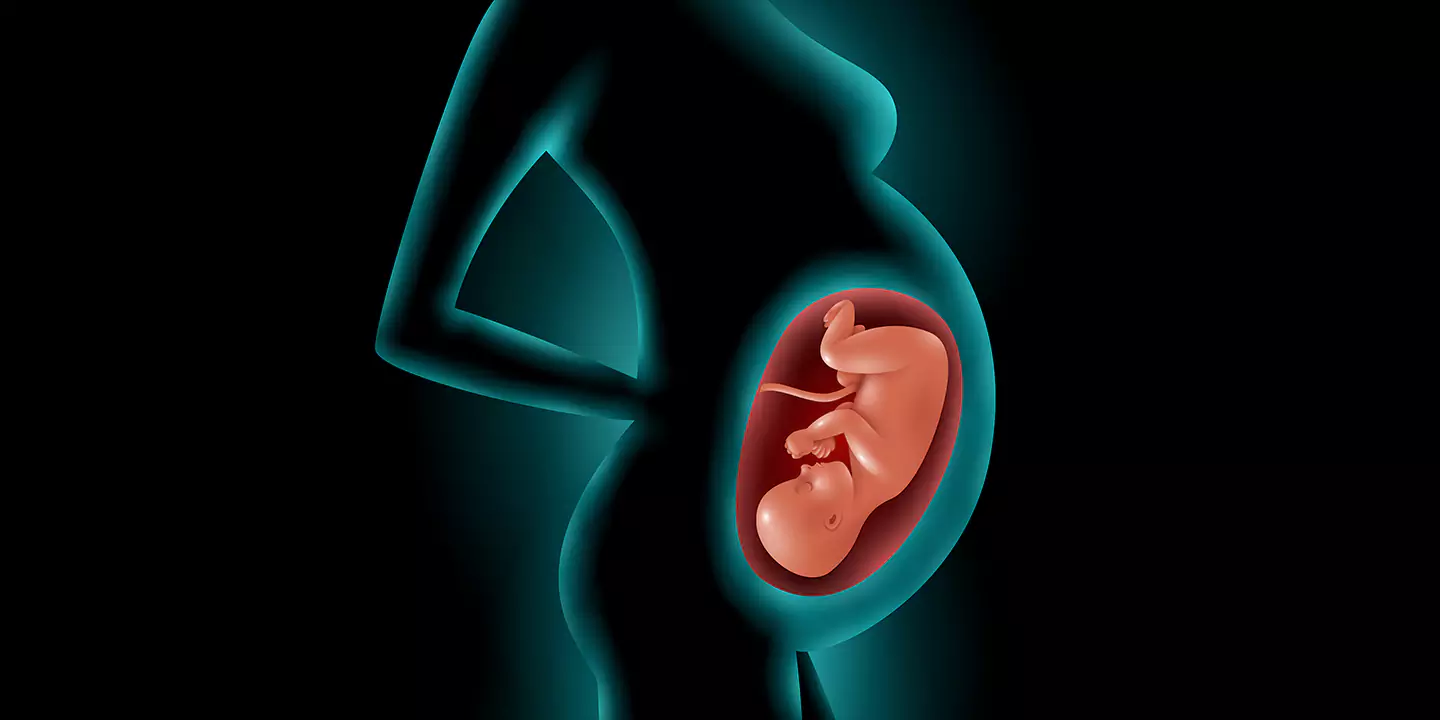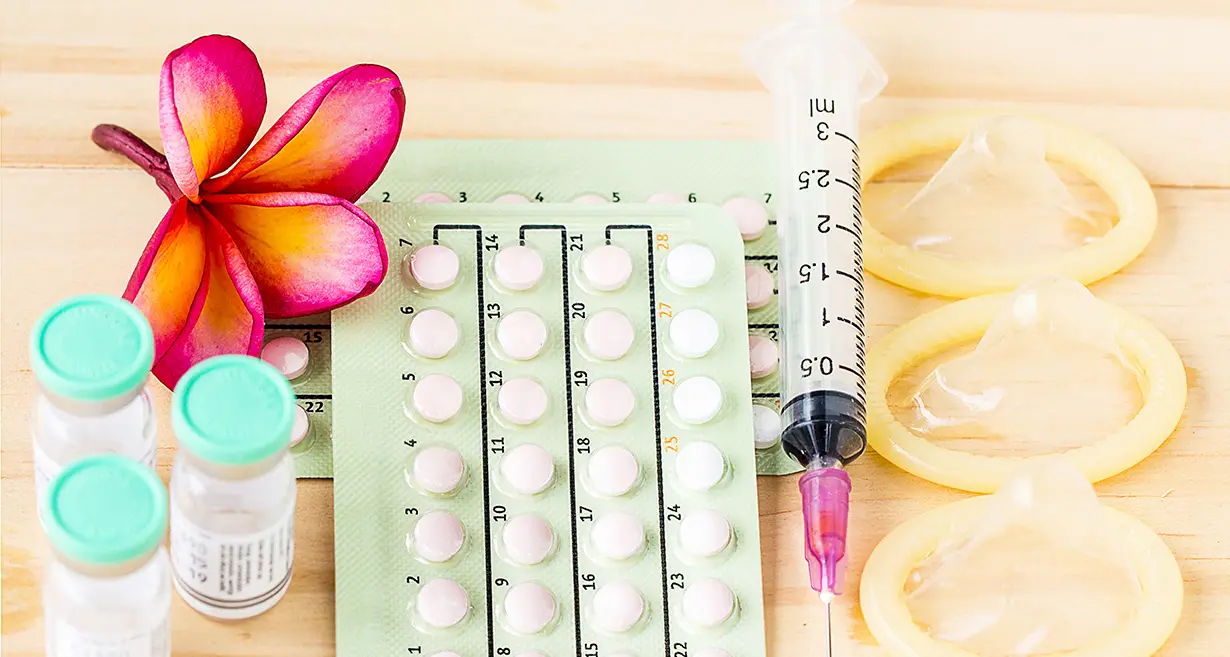
Fibroids are non-cancerous developments that grow in the uterus and can cause discomfort and other health challenges. While medical treatments exist, adopting a healthy diet can play a crucial role in managing fibroids and their symptoms. In this post, we will analyze the connection between fibroids and diet with 20 dietary modifications that can help curb fibroid growth and promote overall well-being. From incorporating specific foods to avoiding certain triggers, these dietary adjustments may prove to be instrumental in your journey towards better health and happier life.
What Is Uterine Fibroids?
Uterine fibroids, also known as leiomyomas, are non-cancerous growths that develop within the muscular wall of the uterus. These benign tumors are made up of smooth muscle cells and fibrous connective tissue.
Uterine fibroids can differ in size, from small, pea-sized nodules to large masses that distort the shape of the uterus. While the exact cause of fibroids is not fully understood, hormonal factors, particularly estrogen and progesterone, play a significant role in their growth.
These growths can lead to symptoms like heavy menstrual bleeding, pelvic pain, pressure on the bladder or rectum, and fertility issues. Fibroid treatment options range from watchful waiting to medical interventions and surgical procedures, depending on the severity of symptoms and individual circumstances.
Related Blog: Uterine Fibroids- You Should Be Aware Of It In Details
20 Best Foods to Reduce Fibroids
Diet plays a crucial role in managing fibroids and their growth. While dietary changes alone may not eliminate fibroids, they can help reduce their size and alleviate symptoms. Here are the 20 best foods to reduce fibroids naturally:
- Increase Fiber Intake
A high-fiber fibroid diet can help regulate estrogen levels by promoting the proper elimination of excess hormones. Include whole grains, fruits, vegetables, and legumes in your meals.
- Organic Foods
Pesticides and other chemicals found in non-organic foods may interfere with hormone balance. Opt for organic produce to reduce exposure to harmful substances.
- Consume Cruciferous Vegetables
Vegetables like broccoli, cauliflower, cabbage, and kale contain compounds that support estrogen metabolism and may inhibit fibroid growth.
- Red Meat Consumption
A high intake of red meat has been associated with an increased risk of fibroids. Try to limit red meat and choose lean protein sources instead.
- Plant-Based Proteins
Diet for uterine fibroids should include plant-based proteins. Plant-based proteins like tofu, tempeh, and legumes are rich in fiber and have been shown to have a protective effect against fibroids.
- Incorporate Omega-3 Fatty Acids
Edibles that are high in omega-3 fatty acids, like fatty fish (salmon, mackerel), flaxseeds, and chia seeds, may help reduce inflammation and decrease the growth of fibroids.
- Avoid High-Fat Dairy Products
High-fat dairy products contain hormones that can impact estrogen levels. Choose low-fat or plant-based alternatives instead.
- Limit Alcohol Consumption
Excessive alcohol intake can disrupt hormone balance and promote fibroid growth. Moderate or eliminate alcohol consumption to support fibroid management.
- Stay Hydrated
Drinking ample water helps flush out toxins and waste products, supporting overall health and hormone balance.
- Reduce Caffeine Intake
High caffeine consumption has been linked with an increased risk of fibroids. Limit your intake of coffee, tea, and caffeinated beverages.
- Choose Low Glycemic Index Foods
Foods with a low glycemic index, such as whole grains, legumes, and non-starchy vegetables, help regulate blood sugar levels and may positively impact fibroid growth.
- Avoid Added Sugars
Added sugars contribute to insulin spikes, which can affect hormone levels. Minimize the consumption of sugary snacks and drinks.
- Include Vitamin D-rich Foods
Vitamin D deficit has been related to an inflated risk of fibroids. Include foods like fortified dairy or plant-based milk, fatty fish, and mushrooms in your diet.
- Consume Foods Rich in Vitamin C
Vitamin C supports collagen formation and may help maintain the integrity of uterine tissues. Incorporate citrus fruits, bell peppers, and berries into your diet.
- Add Magnesium-rich Foods
Magnesium is essential for hormone regulation and muscle function. Foods like leafy greens, nuts, seeds, and whole grains are good sources of magnesium.
- Incorporate Herbal Teas
Certain herbal teas, such as green tea and chamomile tea, are rich in antioxidants and may support fibroid management.
- Avoid Trans Fats
Trans fats, typically found in processed and fried foods, can promote inflammation and hormonal imbalances. Choose healthier fats like olive oil and avocado.
- Moderate Soy Consumption
Soy contains phytoestrogens, which can either mimic or block estrogen. Moderate consumption of whole soy foods may be beneficial but avoid excessive soy supplements.
- Manage Stress
Chronic stress can influence hormone levels and exacerbate fibroid symptoms. Practice stress-reducing techniques like meditation, yoga, or deep breathing exercises.
- Consider Herbal Supplements
Some herbal supplements, such as chaste berry and turmeric, have shown potential in supporting fibroid management. Consult a healthcare professional before trying any supplements.
Conclusion
Making targeted dietary changes can be a valuable adjunct to fibroid management. Emphasizing a diet rich in fiber, cruciferous vegetables, omega-3 fatty acids, and plant-based proteins while reducing red meat, caffeine, and alcohol consumption may help in reducing fibroid growth and alleviating symptoms.
For personalized treatment and expert care, contact Queen’s Gynecology. Our team of skilled professionals specializes in fibroid management and offers comprehensive solutions tailored to your specific needs.
FAQ’s
Fibroids may shrink naturally due to hormonal changes, specifically a decline in estrogen and progesterone levels. As a woman approaches menopause, the decrease in hormone production can lead to the gradual shrinking of fibroids. However, individual responses may vary, and medical monitoring is essential for proper fibroid management.
There is no scientific evidence to suggest that fasting alone can directly shrink fibroids. However, adopting a healthy lifestyle that includes balanced nutrition and maintaining a healthy weight may have a positive impact on fibroid management and overall health. Always consult a healthcare professional for appropriate treatment and advice.
While Omega-3 fatty acids have anti-inflammatory qualities and may help with fibroid management, they are unlikely to directly shrink fibroids. Including Omega-3-rich foods in a balanced diet can support overall health, but medical treatments are more effective for fibroid size reduction. Consult a healthcare professional for personalized advice.
There is no specific drink that can remove fibroids naturally. However, incorporating healthy beverages like water, green tea, and herbal teas rich in antioxidants may support fibroid management. A balanced diet, regular exercise, and medical guidance are essential for addressing fibroids effectively.

























































































































































































